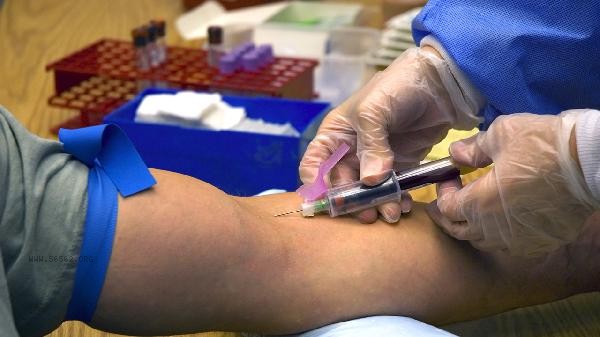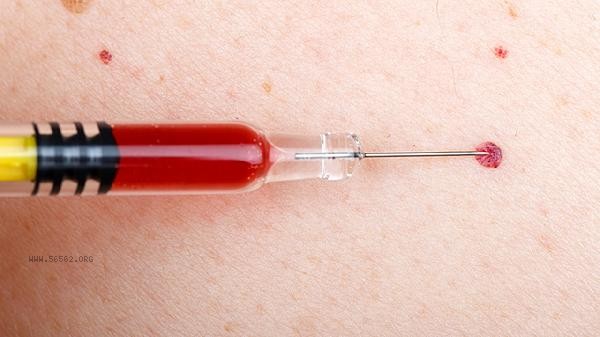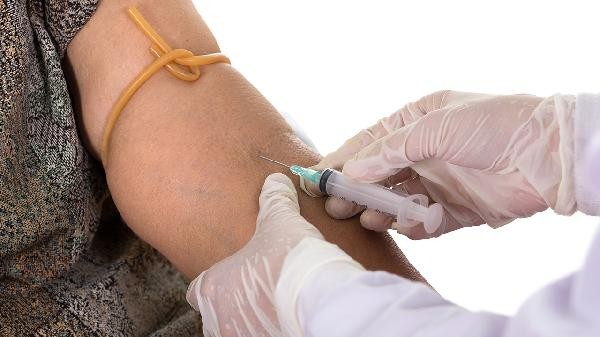The four indicators of cardiac function usually include creatine kinase isoenzyme, myoglobin, troponin, and B-type natriuretic peptide. These indicators are mainly used to evaluate the risk of heart diseases such as myocardial injury and heart failure, and their clinical significance varies.

1. Creatine kinase isoenzyme:
Creatine kinase isoenzyme mainly exists in myocardial cells and is released into the bloodstream when the myocardium is damaged. This indicator has high specificity for the diagnosis of acute myocardial infarction, usually starting to increase 4-6 hours after onset and reaching its peak at 18-24 hours. If the detection value exceeds the normal reference range, it may indicate myocardial cell damage.
2. Myoglobin:
Myoglobin is an oxygen binding protein rich in myocardial and skeletal muscles. Elevated levels can be detected in the early stages of myocardial injury, and abnormalities appear 2-3 hours after onset, but the specificity is relatively low. This indicator is commonly used for early screening of acute coronary syndrome and needs to be combined with other indicators for comprehensive judgment.

3. Troponin:
Troponin is a myocardial contraction regulatory protein, which is divided into two subtypes: type I and type T. This indicator has high myocardial specificity, increasing 4-6 hours after myocardial injury and lasting for 7-10 days. It is currently considered the most sensitive and specific biomarker for diagnosing myocardial infarction, and its degree of elevation is related to the extent of myocardial injury.
4. B-type natriuretic peptide:
B-type natriuretic peptide is mainly secreted by ventricular myocytes and is an important indicator for evaluating cardiac function. An increase in its level indicates an increase in ventricular wall tension, which is common in patients with heart failure. This indicator can be used for the diagnosis, severity assessment, and prognosis judgment of heart failure, as well as for distinguishing between cardiogenic and non cardiogenic respiratory distress.

Before conducting the four tests of heart function, fasting should be maintained for 8-12 hours and vigorous exercise should be avoided. After blood collection, the puncture site should be pressed for at least 5 minutes to prevent bruising. Daily attention should be paid to controlling blood pressure, blood lipids, and blood sugar, quitting smoking and limiting alcohol consumption, and maintaining a regular daily routine. If the test results are abnormal, timely medical attention should be sought, and a professional doctor should make a comprehensive judgment based on clinical symptoms and other examination results. Regular physical examinations can help detect the risk of heart disease early, and it is recommended that people over the age of 40 undergo a heart function test once a year.









Comments (0)
Leave a Comment
No comments yet
Be the first to share your thoughts!